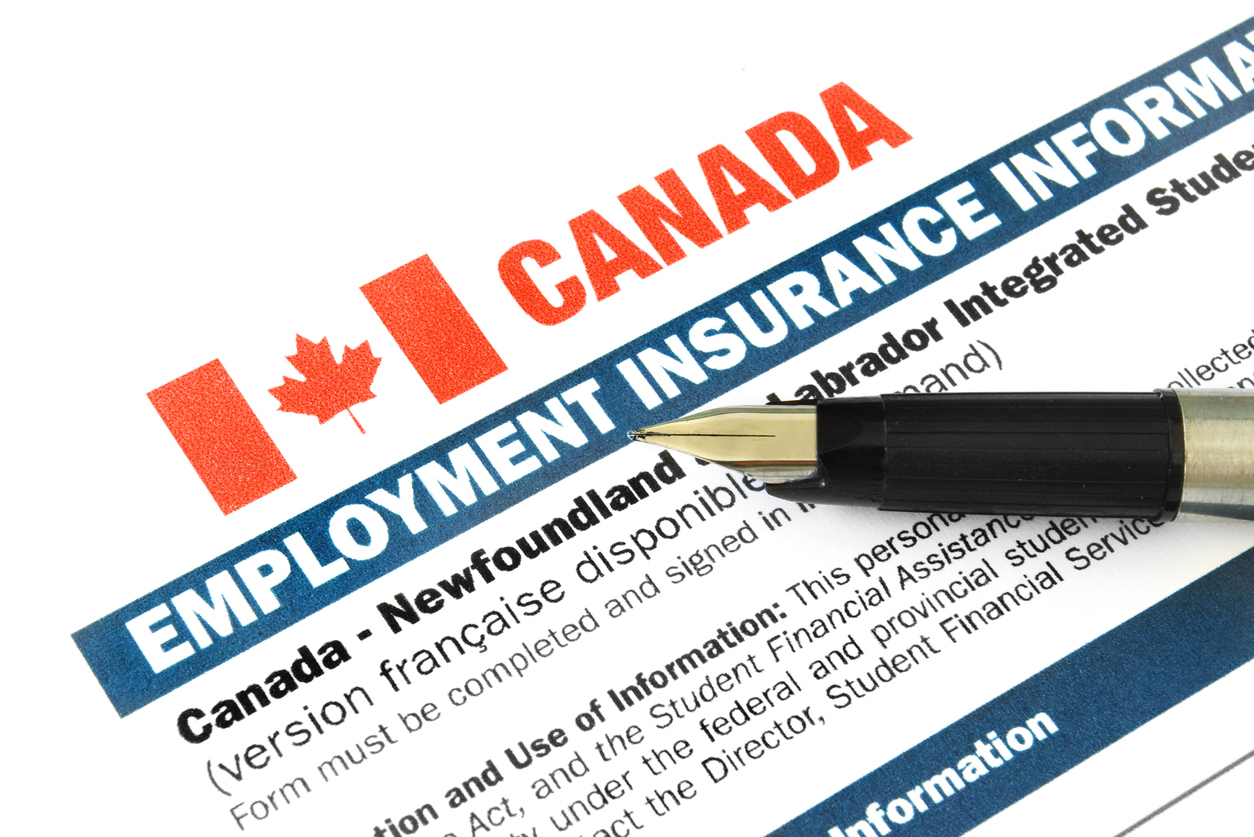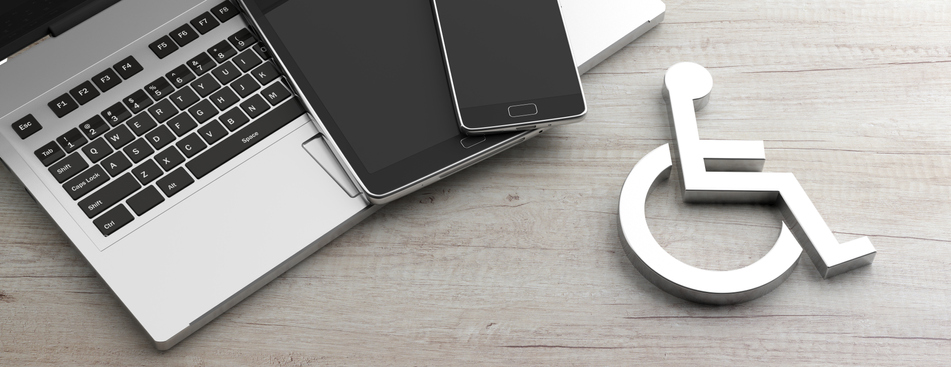Living with Chronic Pain
6 Tips for a Successful Return to Work After a Chronic Pain Diagnosis
Source: Everyday Health

7 people found this helpful
Print
Share
Save
Returning to work after a chronic pain diagnosis can be both exciting and challenging. While individuals may look forward to resuming their routines and seeing coworkers, they may also have concerns about their ability to maintain job responsibilities, potential worsening pain, or what colleagues may think or say about their condition.
Six tips for returning to work after a chronic pain diagnosis include the following:
- Ask for accommodations. Employers are required to provide reasonable workplace accommodations for employees with disabilities, including disabilities associated with chronic pain conditions. Prior to returning to work, employees should schedule a meeting with human resources to discuss accommodations, such as flexible hours, workspace modifications, or regular breaks throughout the day.
- Schedule a meeting with a direct supervisor. Prior to returning to work, individuals should also schedule a meeting with their direct supervisor to discuss any requested accommodations and to inquire about any changes that may have occurred while the individual was out of work. Open communication can ease some of the anxiety surrounding the return to work.
- Set priorities. Returning to work does not always mean returning to the same level of performance prior to a chronic pain diagnosis, especially at first. Setting priorities, practicing activity pacing, prioritizing essential tasks, and executing activity planning can help ensure that work needs are met while also allowing the employee to slow down or take breaks when needed.
- Remember that some pain may occur. Working only when pain is absent is often not realistic for individuals with chronic pain. Some degree of pain may always be present. Utilizing accommodations and coping techniques can help individuals work while dealing with pain.
- Thank coworkers. Most likely, one or more coworkers assumed additional responsibilities to ensure the workplace ran smoothly during their colleague’s absence. A simple “thank you” to these coworkers is often greatly appreciated.
- Be prepared for questions. Regardless of how long an employee was absent from work, colleagues will likely have questions about what happened. If the individual is comfortable answering these questions, it can be helpful to prepare some answers prior to returning to work. However, sharing any personal information with colleagues is not required. Thanking a colleague for their concern and informing them of the desire not to share personal health information is perfectly acceptable.
Additional sources used to create this article include Flexjobs and American Academy of Family Physicians: American Family Physician Journal.


















